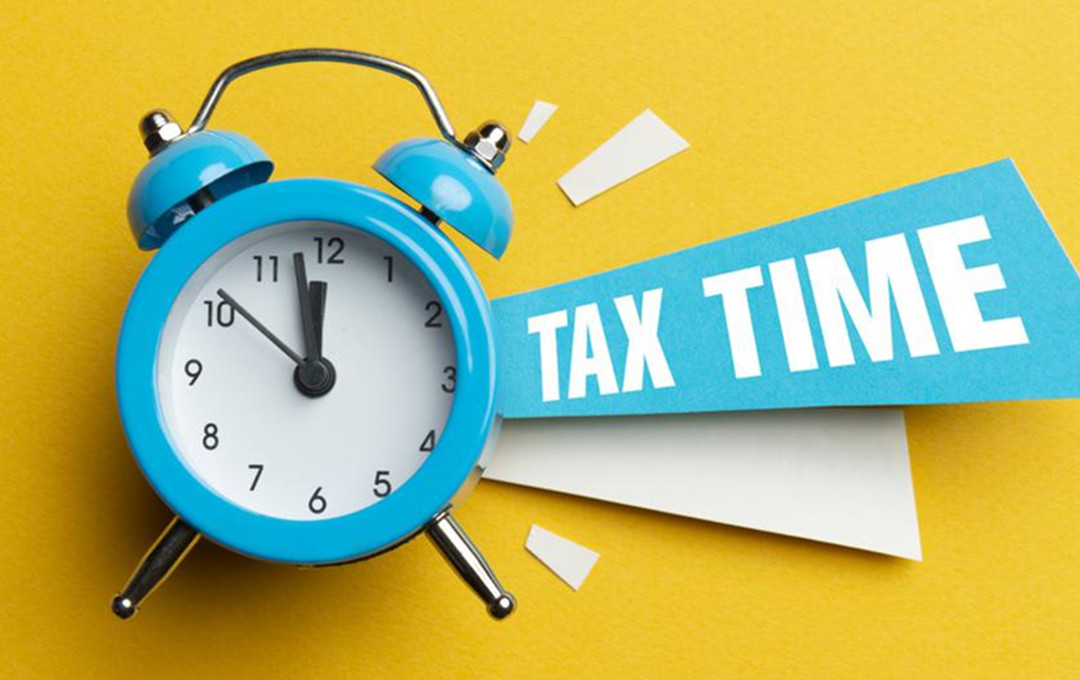A “Tax” is an enforced contribution to state revenue. The rate at which the government collects taxes is called a tax rate, or in more informal use, tax amount, or tax burden (some other organizations define this more narrowly as what portion of income must be paid in taxes). Taxes are levied on properties including real property (land and structures attached to the ground), personal property (personal belongings that are not real property), and intellectual property (what is immaterial like software, etc.). Taxes can also be levied on services.
Tax is applied to net rather than gross income. Most countries impose tariffs at the national level only, but domestic prices may be subject to taxation. Taxation levels and methods may vary by country or region, and some countries impose more than one tax (such as an income tax in addition to a sales tax).
 Taxes may be levied in cash or through the withholding of earnings that are payable directly to governments. Some specialized government agencies are charged with collecting taxes through monetary policy using tools such as interest rates. Most political sub-divisions also levy taxes on real property at the municipal, regional, provincial/state/national, and local levels.
Tax is imposed on the net profits of corporations or organizations levied at the national level for businesses operating in the country concerned. The words tax and tribute (or toll) share a common etymology: the Latin phrase tributum, meaning “tribute,” and the verb taxare, meaning “to assess.”
Taxes are filed annually on the same date every year, and generally, there is a small window available to file your taxes after this date for a penalty. The amount of time that somebody has to file their taxes reflects how much money the government wants from them and what level of respect they believe they should be given.
Taxes may be levied in cash or through the withholding of earnings that are payable directly to governments. Some specialized government agencies are charged with collecting taxes through monetary policy using tools such as interest rates. Most political sub-divisions also levy taxes on real property at the municipal, regional, provincial/state/national, and local levels.
Tax is imposed on the net profits of corporations or organizations levied at the national level for businesses operating in the country concerned. The words tax and tribute (or toll) share a common etymology: the Latin phrase tributum, meaning “tribute,” and the verb taxare, meaning “to assess.”
Taxes are filed annually on the same date every year, and generally, there is a small window available to file your taxes after this date for a penalty. The amount of time that somebody has to file their taxes reflects how much money the government wants from them and what level of respect they believe they should be given.
 Taxes may be levied in cash or through the withholding of earnings that are payable directly to governments. Some specialized government agencies are charged with collecting taxes through monetary policy using tools such as interest rates. Most political sub-divisions also levy taxes on real property at the municipal, regional, provincial/state/national, and local levels.
Tax is imposed on the net profits of corporations or organizations levied at the national level for businesses operating in the country concerned. The words tax and tribute (or toll) share a common etymology: the Latin phrase tributum, meaning “tribute,” and the verb taxare, meaning “to assess.”
Taxes are filed annually on the same date every year, and generally, there is a small window available to file your taxes after this date for a penalty. The amount of time that somebody has to file their taxes reflects how much money the government wants from them and what level of respect they believe they should be given.
Taxes may be levied in cash or through the withholding of earnings that are payable directly to governments. Some specialized government agencies are charged with collecting taxes through monetary policy using tools such as interest rates. Most political sub-divisions also levy taxes on real property at the municipal, regional, provincial/state/national, and local levels.
Tax is imposed on the net profits of corporations or organizations levied at the national level for businesses operating in the country concerned. The words tax and tribute (or toll) share a common etymology: the Latin phrase tributum, meaning “tribute,” and the verb taxare, meaning “to assess.”
Taxes are filed annually on the same date every year, and generally, there is a small window available to file your taxes after this date for a penalty. The amount of time that somebody has to file their taxes reflects how much money the government wants from them and what level of respect they believe they should be given. Hi~Living Deals from "Porter Road"

